#richard r john
Explore tagged Tumblr posts
Text
Richard R John’s “Network Nation”
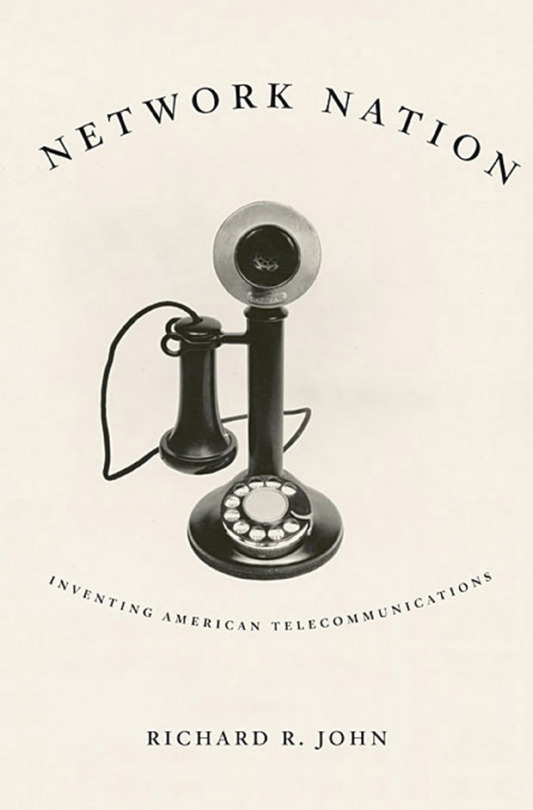
THIS SATURDAY (July 20), I'm appearing in CHICAGO at Exile in Bookville.

The telegraph and the telephone have a special place in the history and future of competition and Big Tech. After all, they were the original tech monopolists. Every discussion of tech and monopoly takes place in their shadow.
Back in 2010, Tim Wu published The Master Switch, his bestselling, wildly influential history of "The Bell System" and the struggle to de-monopolize America from its first telecoms barons:
https://memex.craphound.com/2010/11/01/the-master-switch-tim-net-neutrality-wu-explains-whats-at-stake-in-the-battle-for-net-freedom/
Wu is a brilliant writer and theoretician. Best known for coining the term "Net Neutrality," Wu went on to serve in both the Obama and Biden administrations as a tech trustbuster. He accomplished much in those years. Most notably, Wu wrote the 2021 executive order on competition, laying out a 72-point program for using existing powers vested in the administrative agencies to break up corporate power and get the monopolist's boot off Americans' necks:
https://www.eff.org/de/deeplinks/2021/08/party-its-1979-og-antitrust-back-baby
The Competition EO is basically a checklist, and Biden's agency heads have been racing down it, ticking off box after box on or ahead of schedule, making meaningful technical changes in how companies are allowed to operate, each one designed to make material improvements to the lives of Americans.
A decade and a half after its initial publication, Wu's Master Switch is still considered a canonical account of how the phone monopoly was built – and dismantled.
But somewhat lost in the shadow of The Master Switch is another book, written by the accomplished telecoms historian Richard R John: "Network Nation: Inventing American Telecommunications," published a year after The Master Switch:
https://www.hup.harvard.edu/books/9780674088139
Network Nation flew under my radar until earlier this year, when I found myself speaking at an antitrust conference where both John and Wu were also on the bill:
https://www.youtube.com/watch?v=2VNivXjrU3A
During John's panel – "Case Studies: AT&T & IBM" – he took a good-natured dig at Wu's book, claiming that Wu, not being an historian, had been taken in by AT&T's own self-serving lies about its history. Wu – also on the panel – didn't dispute it, either. That was enough to prick my interest. I ordered a copy of Network Nation and put it on my suitcase during my vacation earlier this month.
Network Nation is an extremely important, brilliantly researched, deep history of America's love/hate affair with not just the telephone, but also the telegraph. It is unmistakably as history book, one that aims at a definitive takedown of various neat stories about the history of American telecommunications. As Wu writes in his New Republic review of John's book:
Generally he describes the failure of competition not so much as a failure of a theory, but rather as the more concrete failure of the men running the competitors, many of whom turned out to be incompetent or unlucky. His story is more like a blow-by-blow account of why Germany lost World War II than a grand theory of why democracy is better than fascism.
https://newrepublic.com/article/88640/review-network-nation-richard-john-tim-wu
In other words, John thinks that the monopolies that emerged in the telegraph and then the telephone weren't down to grand forces that made them inevitable, but rather, to the errors made by regulators and the successful gambits of the telecoms barons. At many junctures, things could have gone another way.
So this is a very complicated story, one that uses a series of contrasts to make the point that history is contingent and owes much to a mix of random chance and the actions of flawed human beings, and not merely great economic or historical laws. For example, John contrasts the telegraph with the telephone, posing them against one another as a kind of natural experiment in different business strategies and regulatory responses.
The telegraph's early promoters, including Samuel Morse (as in "Morse code") believed that the natural way to roll out telegraph was via selling the patents to the federal government and having an agency like the post office operate it. There was a widespread view that the post office as a paragon of excellent technical management and a necessity for knitting together the large American nation. Moreover, everyone could see that when the post office partnered with private sector tech companies (like the railroads that became essential to the postal system), the private sector inevitably figured out how to gouge the American public, leading regulators to ever-more extreme measures to rein in the ripoffs.
The telegraph skated close to federalization on several occasions, but kept getting snatched back from the brink, ending up instead as a privately operated system that primarily served deep-pocketed business customers. This meant that telegraph companies were forever jostling to get the right to string wires along railroad tracks and public roads, creating a "political economy" that tried to balance out highway regulators and rail barons (or play them off against each other).
But the leaders of the telegraph companies were largely uninterested in "popularizing" the telegraph – that is, figuring out how ordinary people could use telegraphs in place of the hand-written letters that were the dominant form of long-distance communications at the time. By turning their backs on "popularization," telegraph companies largely freed themselves from municipal oversight, because they didn't need to get permission to string wires into every home in every major city.
When the telephone emerged, its inventors and investors initially conceived of it as a tool for business as well. But while the telegraph had ushered in a boom in instantaneous, long-distance communications (for example, by joining ports and distant cities where financiers bought and sold the ports' cargo), the telephone proved far more popular as a way of linking businesses within a city limits. Brokers and financiers and businesses that were only a few blocks from one another found the telephone to be vastly superior to the system of dispatching young boys to race around urban downtowns with slips bearing messages.
So from the start, the phone was much more bound up in city politics, and that only deepened with popularization, as phones worked their ways into the homes of affluent families and local merchants like druggists, who offered free phone calls to customers as a way of bringing trade through the door. That created a great number of local phone carriers, who had to fend off Bell's federally enforced patents and aldermen and city councilors who solicited bribes and favors.
To make things even more complex, municipal phone companies had to fight with other sectors that wanted to fill the skies over urban streets with their own wires: streetcar lines and electrical lines. The unregulated, breakneck race to install overhead wires led to an epidemic of electrocutions and fires, and also degraded service, with rival wires interfering with phone calls.
City politicians eventually demanded that lines be buried, creating another source of woe for telephone operators, who had to contend with private or quasi-private operators who acquired a monopoly over the "subways" – tunnels where all these wires eventually ended up.
The telegraph system and the telephone system were very different, but both tended to monopoly, often from opposite directions. Regulations that created some competition in telegraphs extinguished competition when applied to telephones. For example, Canada federalized the regulation of telephones, with the perverse effect that everyday telephone users in cities like Toronto had much less chance of influencing telephone service than Chicagoans, whose phone carrier had to keep local politicians happy.
Nominally, the Canadian Members of Parliament who oversaw Toronto's phone network were big leaguers who understood prudent regulation and were insulated from the daily corruption of municipal politics. And Chicago's aldermen were pretty goddamned corrupt. But Bell starved Toronto of phone network upgrades for years, while Chicago's gladhanding political bosses forced Chicago's phone company to build and build, until Chicago had more phone lines than all of France. Canadian MPs might have been more remote from rough-and-tumble politics, but that made them much less responsive to a random Torontonian's bitter complaint about their inability to get a phone installed.
As the Toronto/Chicago story illustrates, the fact that there were so many different approaches to phone service tried in the US and Canada gives John more opportunities to contrast different business-strategies and regulations. Again, we see how there was never one rule that governments could have used if they wanted to ensure that telecoms were well-run, widely accessible, and reasonably priced. Instead, it was always "horses for courses" – different rules to counter different circumstances and gambits from telecoms operators.
As John traces through the decades during which the telegraph and telephone were established in America, he draws heavily on primary sources to trace the ebb and flow of public and elite sentiment towards public ownership, regulation, and trustbusting. In John's hands, we see some of the most spectacular failures as more than a mismatch of regulatory strategy to corporate gambit – but rather as a mismatch of political will and corporate gambit. If a company's power would be best reined in by public ownership, but the political vogue is for regulation, then lawmakers end up trying to make rules for a company they should simply be buying giving to the post office to buy.
This makes John's history into a history of the Gilded Age and trustbusters. Notorious vulture capitalists like Jay Gould shocked the American conscience by declaring that businesses had no allegiance to the public good, and were put on this Earth to make as much money as possible no matter what the consequences. Gould repeated "raided" Western Union, acquiring shares and forcing the company to buy him out at a premium to end his harassment of the board and the company's managers.
By the time the feds were ready to buy out Western Union, Gould was a massive shareholder, meaning that any buyout of the telegraph would make Gould infinitely wealthier, at public expense, in a move that would have been electoral poison for the lawmakers who presided over it. In this highly contingent way, Western Union lived on as a private company.
Americans – including prominent businesspeople who would be considered "conservatives" by today's standards, were deeply divided on the question of monopoly. The big, successful networks of national telegraph lines and urban telephone lines were marvels, and it was easy to see how they benefited from coordinated management. Monopolists and their apologists weaponized this public excitement about telecoms to defend their monopolies, insisting that their achievement owed its existence to the absence of "wasteful competition."
The economics of monopoly were still nascent. Ideas like "network effects" (where the value of a service increases as it adds users) were still controversial, and the bottlenecks posed by telephone switching and human operators meant that the cost of adding new subscribers sometimes went up as the networks grew, in a weird diseconomy of scale.
Patent rights were controversial, especially patents related to natural phenomena like magnetism and electricity, which were viewed as "natural forces" and not "inventions." Business leaders and rabble-rousers alike decried patents as a federal grant of privilege, leading to monopoly and its ills.
Telecoms monopolists – telephone and telegraph alike – had different ways to address this sentiment at different times (for example, the Bell System's much-vaunted commitment to "universal service" was part of a campaign to normalize the idea of federally protected, privately owned monopolies).
Most striking about this book were the parallels to contemporary fights over Big Tech trustbusting, in our new Gilded Age. Many of the apologies offered for Western Union or AT&T's monopoly could have been uttered by the Renfields who carry water for Facebook, Apple and Google. John's book is a powerful and engrossing reminder that variations on these fights have occurred in the not-so-distant past, and that there's much we can learn from them.
Wu isn't wrong to say that John is engaging with a lot of minutae, and that this makes Network Nation a far less breezy read than Master Switch. I get the impression that John is writing first for other historians, and writers of popular history like Wu, in a bid to create the definitive record of all the complexity that is elided when we create tidy narratives of telecoms monopolies, and tech monopolies in general. Bringing Network Nation on my vacation as a beach-read wasn't the best choice – it demands a lot of serious attention. But it amply rewards that attention, too, and makes an indelible mark on the reader.

Support me this summer on the Clarion Write-A-Thon and help raise money for the Clarion Science Fiction and Fantasy Writers' Workshop!

If you'd like an essay-formatted version of this post to read or share, here's a link to it on pluralistic.net, my surveillance-free, ad-free, tracker-free blog:
https://pluralistic.net/2024/07/18/the-bell-system/#were-the-phone-company-we-dont-have-to-care
#pluralistic#books#reviews#history#the bell system#monopoly#att#western union#gift guide#tim wu#richard r john#the master switch#antitrust#trustbusting
64 notes
·
View notes
Text
Milestone Monday: Democracy Interrupted












On this day in 411 BCE, during the Peloponnesian War between Athens and Sparta, a political crisis shook the foundations of Athenian democracy. The Athenian Coup, which resulted in the overthrow of Athens' democratic government and led to the establishment of a brief oligarchy known as the Four Hundred. This regime ultimately failed due to widespread discontent among the populace, and by the end of 410 BC, democracy was restored in Athens.
To commemorate this pivotal event in classical history, we are featuring our Limited Editions Club copy of The History of the Peloponnesian War by Thucydides. This 1974 edition includes Richard Crawley’s (1840-1893) English translation, revised by R.C. Feetham, with an introduction by Peter Pouncey. It is richly illustrated with eight double-spread, two-color woodcuts and twenty-five black-and-white woodcuts by the Greek artist A. Tassos, including chapter headings, facing page pairs, and a frontispiece. Six maps, specially drawn for this edition by John Morris, provide historical context, while Eugene Ettenberg designed the format. The woodcut inserts were printed in Athens under the artist’s supervision at the Aspioti Elka printing plant, and the text was composed by John Stone in Concord, NH, then printed by Case, Lockwood & Brainard in Bloomfield, CT. This rare volume is a stunning tribute to both the artistry and the enduring legacy of Thucydides' historical account.
-View more Milestone Monday posts
-View more from The Limited Editions Club
--Melissa, Distinctive Collections Library Assistant

#Milestone Monday#milestones#Athenian Coup#ancient greece#peloponnesian war#athens#sparta#democracy#oligarchy#the four hundred#the history of the Peloponnesian war#thucydides#limited editions club#richard crawley#r. c. feetham#peter pouncey#a tassos#Anastasios Alevizos#john morris#eugene ettenberg#Aspioti Elka#john stone#Case Lockwood & Brainard
436 notes
·
View notes
Text
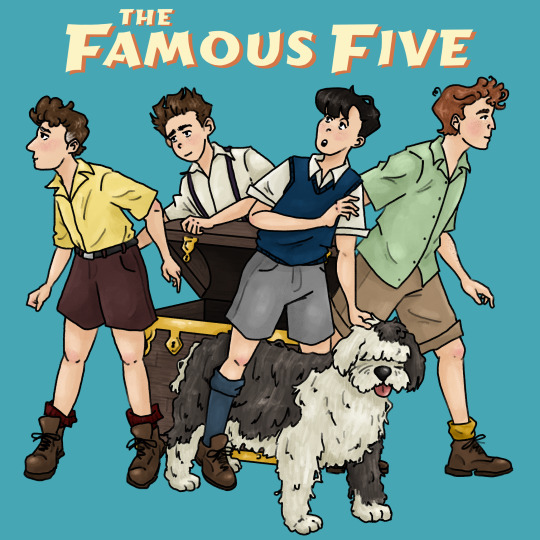
five solve the mystery of apple corps finances
#click for quality :)#beatles fanart#the beatles#john lennon#paul mccartney#george harrison#ringo starr#beatles#there’s something about them that’s just so famous five coded to me. probably the names…#i mean … richard and george …. julian….#the comparisons are obvious#all groups of 4 + dog are the beatles + martha to me and by that i specifically mean the scooby gang and the famous five#they’re solving mysteries (who ate george’s biscuits) and catching crooks (allen klein)#and being generally rambunctious (drinking all of EMI’s milk in the studio and doing The Worm)#was at a library and saw a graphic novel for 5 on treasure island and got possessed to draw this tbh#j + p + g + r
284 notes
·
View notes
Text
For any new Richard Harmon fans coming from watching Final Destination: Bloodlines, here’s some more of his films that I highly recommend:
- The 100 (Tv Series) Probably the most special to me, this is when I found Richard in 2014 when The 100 started, and gave us probably one of his best characters, John Murphy.

- I Still See You (2018) Probably my second favorite character of his, Kirk Lane. It's such a interesting story and he's absolutely incredible in it.
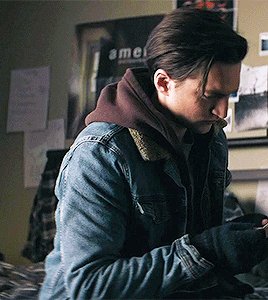
- Fakes (Tv Series) If you're wanting something a little funnier, rather than horror I'd go for Fakes on netflix. It's just a silly little comedy and really shows off his funny side.

- Forever 16 (2013) A very interesting story, but also rich, bad boy asshole richard is a plus.

- Lowlifes (2024) Lowlifes was a very big surprise to me, I highly HIGHLY recommend this one! it's very interesting.

- Margaux (2022) I'd say that Margaux is kind of the closest thing to Final Destination, it's silly and the deaths are over exaggerated.

- The Puppet Killer (2019) I just very weirdly have a love for this movie, it's a weird one but it knows it which makes it interesting. Also Richard in his famous guyliner never disappoints.

- The Hollow (2015) Honestly one of my favs, he looks incredible in this movie. The story is really good too and the visuals are incredible.
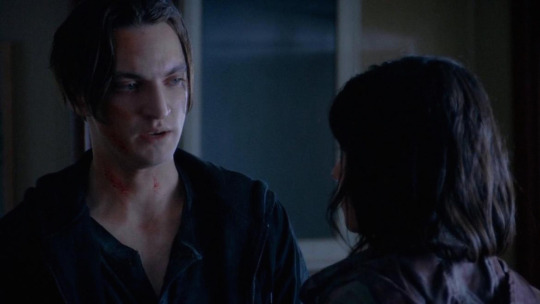
- Scarecrow (2013) I will say now, his screen time in this movie is short. BUT HE LOOKS SO HOT so it is completely worth the watch!

- If I Had Wings (2013) This is honestly one of his best films, it's so emotional and real. It's incredible.

- Grave Encounters 2 (2012) A great found footage, paranormal horror.

- Triple Dog (2010) He's so baby in this, he only has a little role but I love this movie so I had to include it.

- Trick r Treat (2007) Had to put this in here because Trick r Treat is such a big halloween film and Richard is so incredibly proud of being in it.

- Darkness Falls (2020) Another interesting story.

- The Return (2020) Haunted House.

- Judas Kiss (2011) This is a very interesting story, and it's a fan favorite. Richards first LGBTQ+ Film.

- Woodland (2018) He looks incredible in this film and it's a very interesting watch.

- Game, Set, Love (2022) Not a massive hallmark movie person haha but I wanted to include this because it was a Harmon sibling project. I do need to rewatch though.

#richard harmon#movies#films#the 100#john murphy#I still see you#kirk lane#final destination 6#final destination bloodlines#erik#final destination erik#fakes#tryst#forever 16#lowlifes#margaux#the puppet killer#the hollow#scarecrow#if i had wings#grave encounters#triple dog#trick r treat#darkness falls#the return#judas kiss#woodland#game set love#horror movies#thrillers
384 notes
·
View notes
Text




HOMICIDE: LIFE ON THE STREET (1993-1999) 3.04 — A Model Citizen
#homicide life on the street#hlotsedit#tvedit#userbbelcher#chewieblog#tvarchive#john munch#kay howard#richard belzer#melissa leo#*#hlots*#tv: homicide life on the street#r: kay x munch#mine
183 notes
·
View notes
Text


If i thought of hot selfish bassist with nice asses i would immediately think of these chaps
#pink floyd#roger waters#pinkfloyd#david gilmour#richard wright#r/pinkfloydcirclejerk#progressive rock#psychedelic rock#rick wright#the beatles#paul mccartney#john lennon#ringo starr#george harrison#george martin#brian epstein
28 notes
·
View notes
Text


W A T C H I N G
#THE TWILIGHT ZONE (1985-1989)#BRUCE WILLIS#Meg Foster#Harlan Ellison#Wes Craven#Rockne S. O'Bannon#George R. R. Martin#Helen Mirren#Shelley Duvall#Jonathan Frakes#Season Hubley#Morgan Freeman#Janet Leigh#Martin Landau#Tom Skerritt#William Atherton#Richard Mulligan#Frances McDormand#Danny Kaye#John Carradine#Melinda Dillon#Adrienne Barbeau#Ray Bradbury#Stephen King#William Friedkin#Arthur C. Clarke#WATCHING#SCIFI#HORROR#ROD SERLING
16 notes
·
View notes
Text

Eephus
directed by Carson Lund, 2024
#Eephus#Carson Lund#movie mosaics#Keith William Richards#Nate Fisher#Conner Marx#Theodore Bouloukos#Stephen Radochia#David Pridemore#Ray Hryb#Jeff Saint Dic#Lou Basta#Cliff Blake#John R Smith Jnr.#Brendan “Crash” Burt
9 notes
·
View notes
Text

Nixon and his cabinet on the cover of TIME magazine, 1970.
#richard nixon#henry kissinger#john mitchell#john ehrlichman#h. r. haldeman#1970s#vintage#politics#magazine#time
13 notes
·
View notes
Text






The rest of the founding cats are done plus King George cat cauee I couldn’t not make that
#rays art#history#us history#amrev#samuel adams#roger sherman#john hancock#robert r livingston#richard henry lee#king george iii
63 notes
·
View notes
Text

Title: Primal Fear
Rating: R
Director: Gregory Hoblit
Cast: Richard Gere, Laura Linney, Edward Norton, John Mahoney, Alfre Woodard, Frances McDormand, Terry O'Quinn, Andre Braugher, Steven Bauer, Joe Spano, Tony Plana, Stanley Anderson, Maura Tierney, Jon Seda, Reg Rogers, Kenneth Tigar, Brian Reddy
Release year: 1996
Genres: drama, crime, thriller, mystery
Blurb: An arrogant, high-powered attorney takes on the case of a poor altar boy found running away from the scene of the grisly murder of the bishop who had taken him in. The case gets a lot more complex when the accused reveals that there may or may not have been a third person in the room.
#primal fear#r#gregory hoblit#richard gere#laura linney#edward norton#john mahoney#alfre woodard#1996#drama#crime#thriller#mystery
12 notes
·
View notes
Text
Vermont Governor DILFs

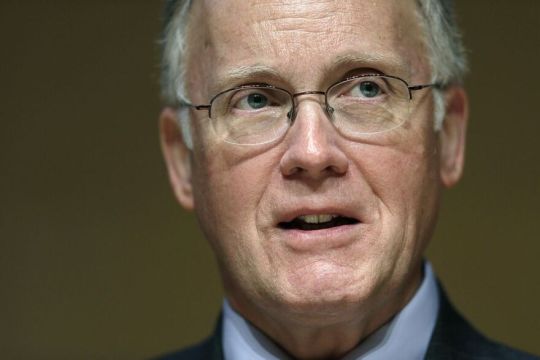

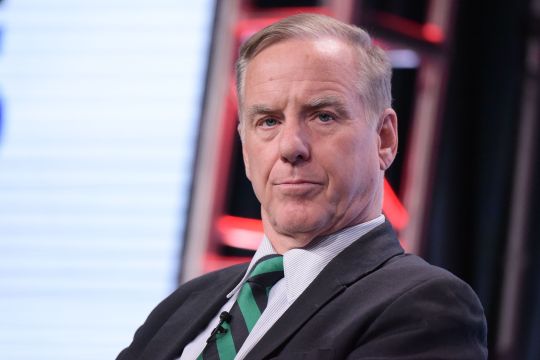
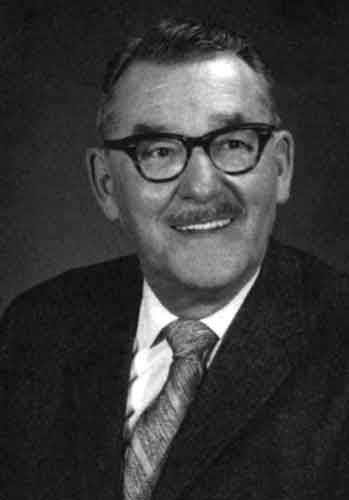
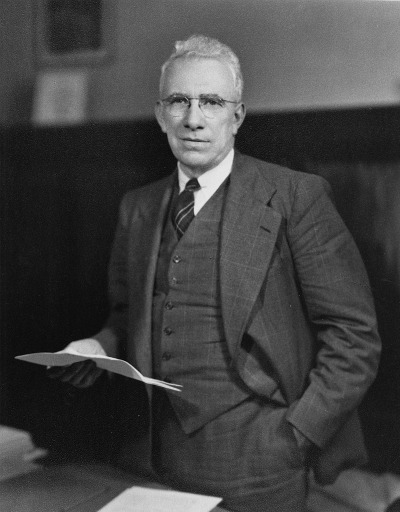
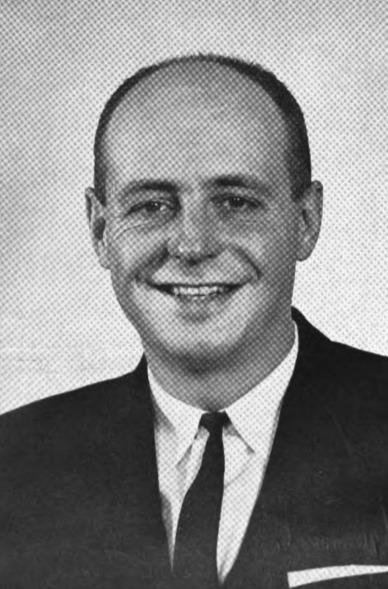

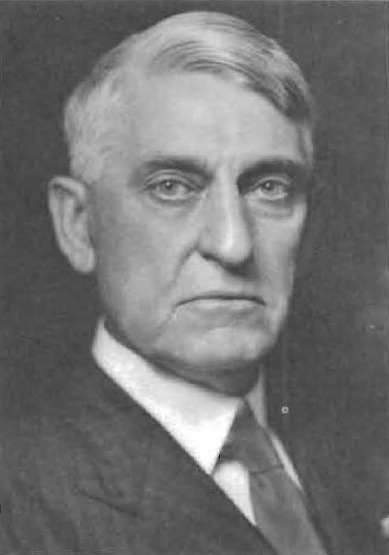
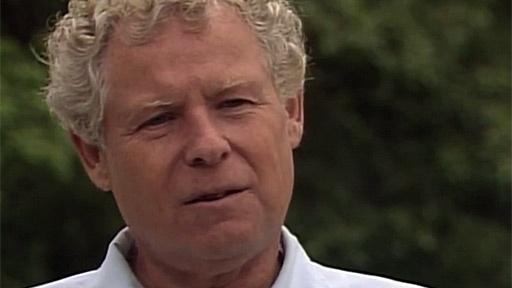
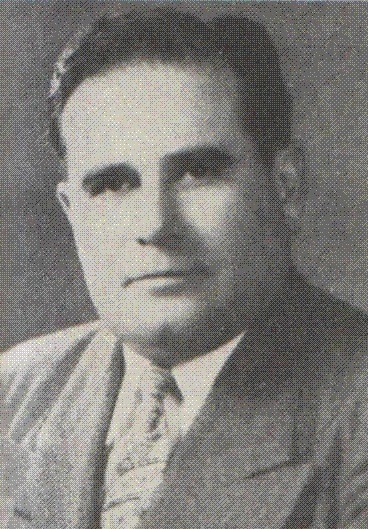

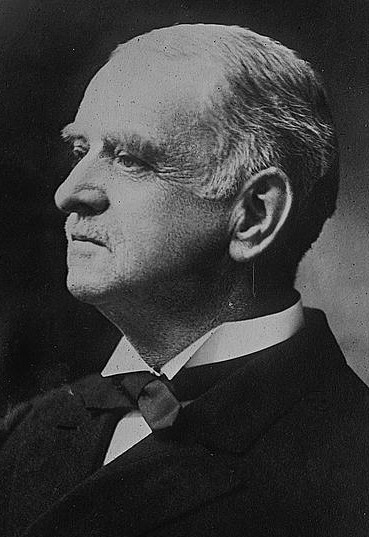
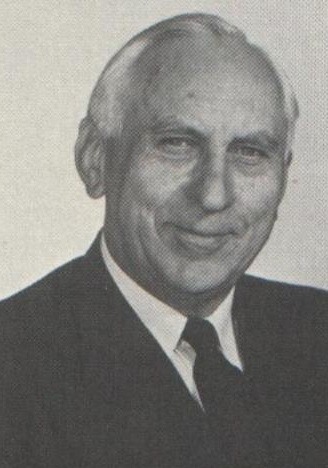
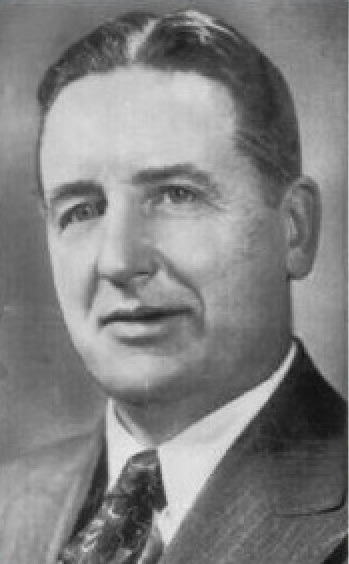

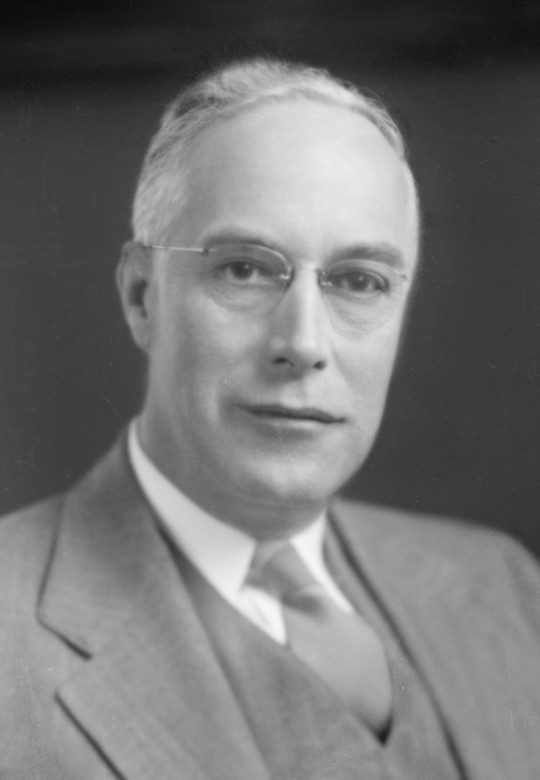


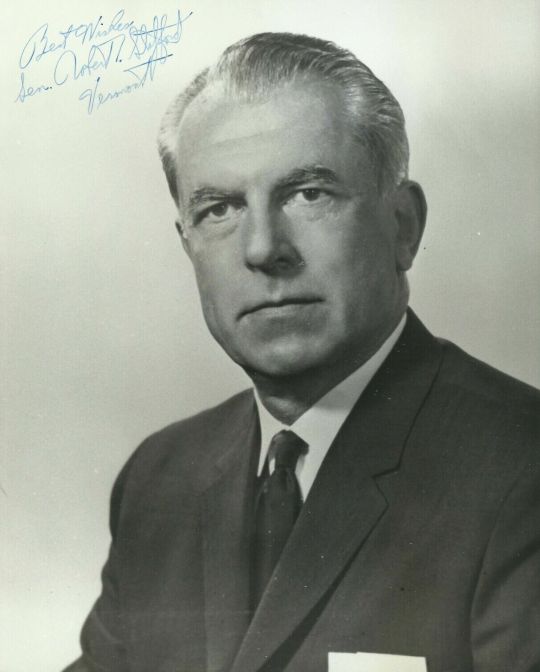
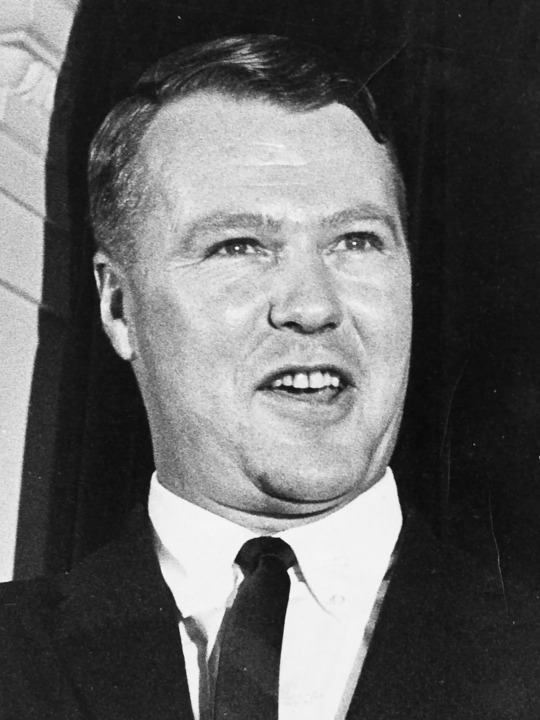

Peter Shumlin, Jim Douglas, Phil Scott, Howard Dean, Deane C. Davis, George Aiken, F. Ray Keyser Jr., Franklin S. Billings, Charles Manley Smith, Richard A. Snelling, Harold J. Arthur, Horace F. Graham, John A. Mead, Joseph B. Johnson, Lee E. Emerson, Thomas P. Salmon, William Henry Wills, Mortimer R. Proctor, Ernest W. Gibson Jr., Robert Stafford, Philip H. Hoff, Allen M. Fletcher
#Peter Shumlin#Jim Douglas#Phil Scott#Howard Dean#Deane C. Davis#George Aiken#F. Ray Keyser Jr.#Franklin S. Billings#Charles Manley Smith#Richard A. Snelling#Harold J. Arthur#Horace F. Graham#John A. Mead#Joseph B. Johnson#Lee E. Emerson#Thomas P. Salmon#William Henry Wills#Mortimer R. Proctor#Ernest W. Gibson Jr.#Robert Stafford#Philip H. Hoff#Allen M. Fletcher#GovernorDILFs
26 notes
·
View notes
Video
1957 illustration by RG Harris by totallymystified Via Flickr: For the story First Date by Richard John. From Woman's Own magazine.
#R G Harris#artist#illustration#illustrator#Richard John#author#writer#fiction#story#romance#retro#vintage#nostalgia#1950s#fifties#Woman's Own#magazine#flickr
6 notes
·
View notes
Text
Del Varner was murdered on January 3, 2257. ("The Gathering" Babylon 5, TV Event)

#nerds yearbook#first appearance#sci fi tv#january#2257#babylon 5#babylon five#j michael straczynski#richard compton#john fleck#del varner#michael o'hare#jeffrey sinclair#tamlyn tomita#jerry doyle#michael garibaldi#mira furlan#blaire baron#paul hampton#peter jurasik#andreas katsulas#johnny sekka#patricia tallman#steven r barnett#billy hayes#linda hoffman#robert jason jackson#f william parker#marianne robertson#david sage
5 notes
·
View notes
Text

Bad movie I have Se7en 1995
#Se7en#Morgan Freeman#Andrew Kevin Walker#Daniel Zacapa#Brad Pitt#Gwyneth Paltrow#John Cassini#Bob Mack#Peter Crombie#Reg E. Cathey#R. Lee Ermey#George Christy#Endre Hules#Hawthorne James#William Davidson#Bob Collins#Jimmy Dale Hartsell#Richard Roundtree#Charline Su#Dominique Jennings#Allan Kolman#Beverly Burke#Gene Borkan#Julie Araskog#Mario Di Donato#Alfonso Freeman#John C. McGinley#Harrison White#Bob Stephenson#Michael Reid MacKay
7 notes
·
View notes
Text
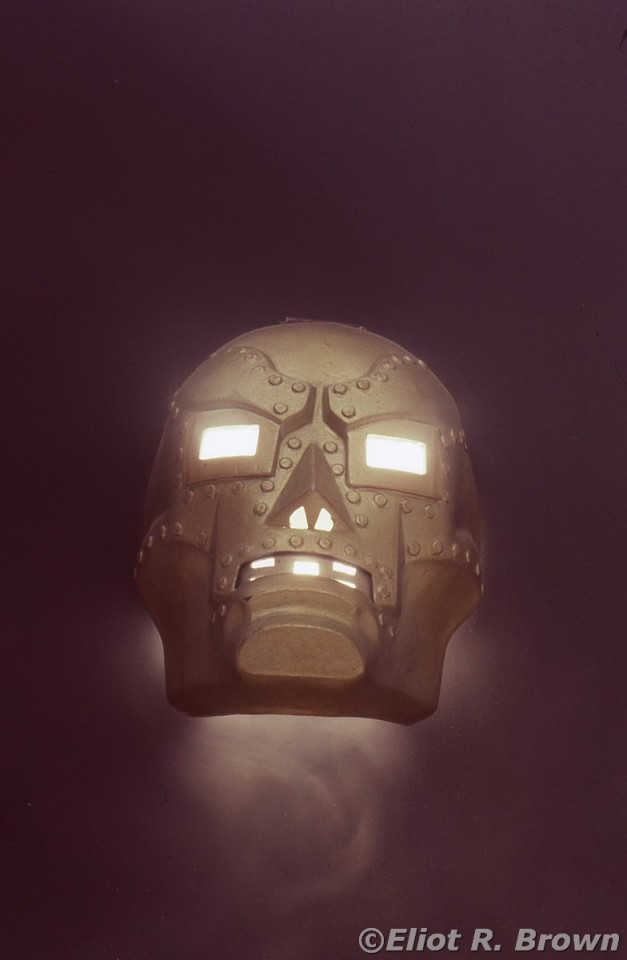
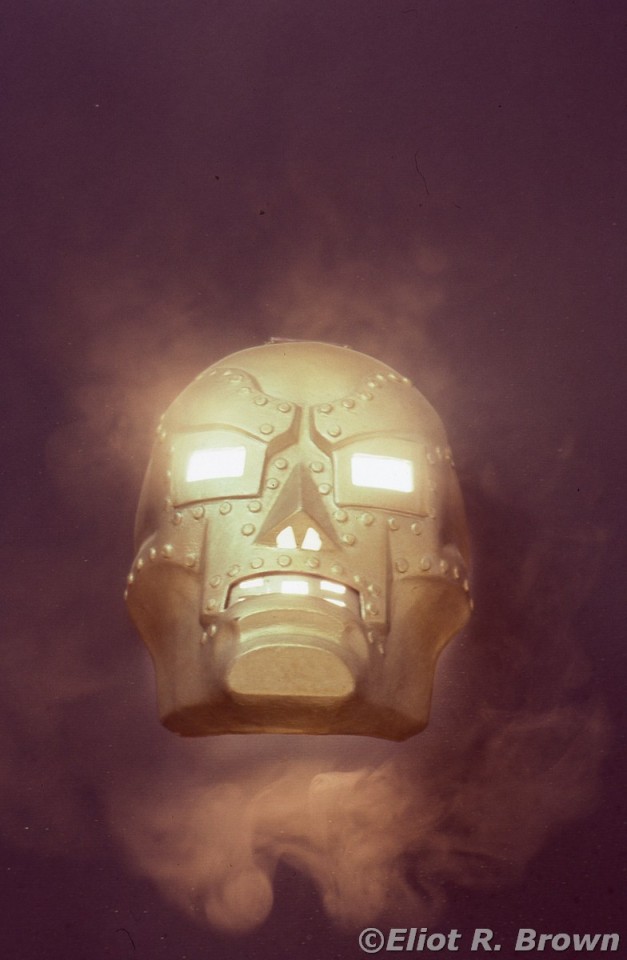
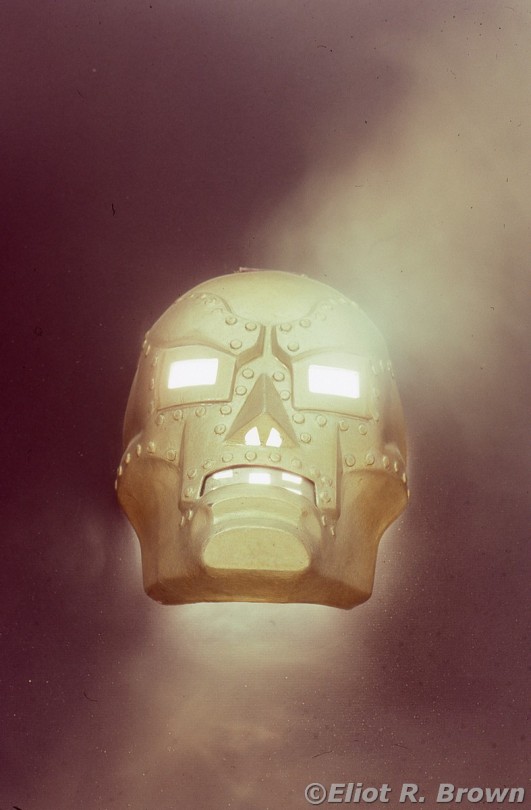

1984's Fantastic Four Vol.1 #268 cover by photographer Eliot R. Brown. He talks in details about the making of this cover here :
#fantastic four#doctor doom#1984#the masque of doom !#cover#process#photography#lightning#haunted mask#victor von doom#back from the dead#really#john byrne#Eliot r. brown#first family#FF#marvel#marvel comics#1980s#richards !#latveria#ruler#super villain#striking#mood#atmosphere#iron mask#she hulk era#John Byrne's fantastic four run#greatest marvel villain
9 notes
·
View notes